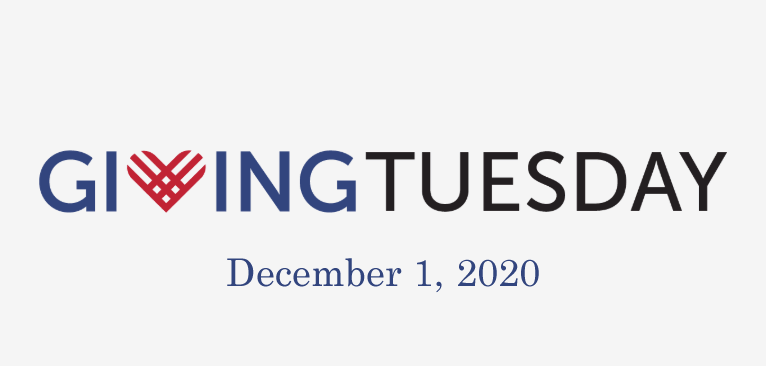As you may know or may have deduced from your reading or from your social media, today is Giving Tuesday. It is a mostly undisputed good thing to give your money or your time to a qualified charity. You can deduct your contributions on your tax return if you give enough and you help out the less fortunate at the same time. Especially this year, if you are well-off while so many others are in bad financial shape, your charitable contributions can be even more effective.

How Much Should I Contribute?
If you are currently well-off and remaining employed, perhaps your good fortune has you thinking about how much you should give or about how much you might be able to increase your giving over what you contributed last year. There is no right answer, but there are rules of thumb and situations to consider.
Percentage of Your Income
The first consideration is to think about how much your give in total as a percentage of your income rather than a gross dollar amount. Some religious people “tithe” 10% of their income to their church. That’s very generous and on the high side of what most people give. According to this article from last year on Marketwatch, taxpayers donate about 2% of their income to charity. If you haven’t focused on the percentage of your income that you have donated, go back to your tax returns from the past couple of years and do the calculation. Then, if you have donated less than 3% to 4% of your income in prior years, consider increasing your donations to 4% this year. Even if you aren’t meeting the 10% tithe standard, at least you will have given more this year and you will feel better about yourself. Also you will have taken more of a top-down approach to your giving, which is a way of taking more control of your financial life.
Standard Deduction
Taxes are another consideration. Perhaps you like to donate because you can deduct your contributions on your tax returns. That’s great, but the bar to do so is higher now due to changes in the tax law. The standard deduction in 2020 is $12,400 for single taxpayers and $24,800 for married filing jointly. That means unless your total itemized deductions exceed $12,400 (for singles), you are better off not itemizing and instead taking the standard deduction. The most common itemized expenses are mortgage interest (limited to $750,000 of mortgage balance) and property taxes (limited to $10,000). If you own a home and have a mortgage on it, you should first add your interest and your property taxes. $12,400 minus that sum is the amount you need to give to charity such that it makes sense for you to file a Schedule A and itemize your deductions. Even if you do itemize, you don’t get a dollar-for-dollar reduction on your tax bill for every dollar you donate to charity. If you don’t itemize, you can still take a charitable deduction of up to $300, which is nice but shouldn’t affect one’s thinking. My point is that you should give to a charity because you like what the charity does and you want to donate to its cause, not because you want the tax deduction.
Limits on Giving
If, on the other hand, you are overly generous, there are limits on your ability to deduct your contributions. In 2020 you can deduct up to 100% of your Adjusted Gross Income as a result of the CARES Act, which is up from 60% previously. This is likely a temporary thing that is likely to be reduced with a new Democratic administration and the need to increase tax revenues to to the exploding federal budget deficit. Look for the 100% of AGI to be reduced. Those who work for a living probably aren’t concerned with giving 60% vs. 100% of their AGI, but retired people who are wealthy but have limited AGI may have an issue with this.
Required Minimum Distributions
Some people donate to charity through their retirement accounts. If they are subject to Required Minimum Distributions, they can satisfy their RMD requirements by donating their required amounts directly to qualified charities and thus not pay current income tax on their retirement account distributions. There are two new issues with this strategy this year. The first is that RMD’s are suspended this year as a result of the CARES Act. The second is that the age threshold for RMD’s has changed from 70 1/2 years old to 72 years old. These changes mean there will likely be minimal charitable giving through use of this tax law vagary likely until 2022. However, the government needs money, and so this issue may also be subject to change over the next several months.
IMO
My advice is to give and give because you want to give, not because the tax law allows you some benefit. Take a top-down approach based on how much of your overall income you donate to your various charities. Try to make an effort this year to increase your giving because this is such a hard time for so many. Participate in the spirit of giving that Giving Tuesday represents.
